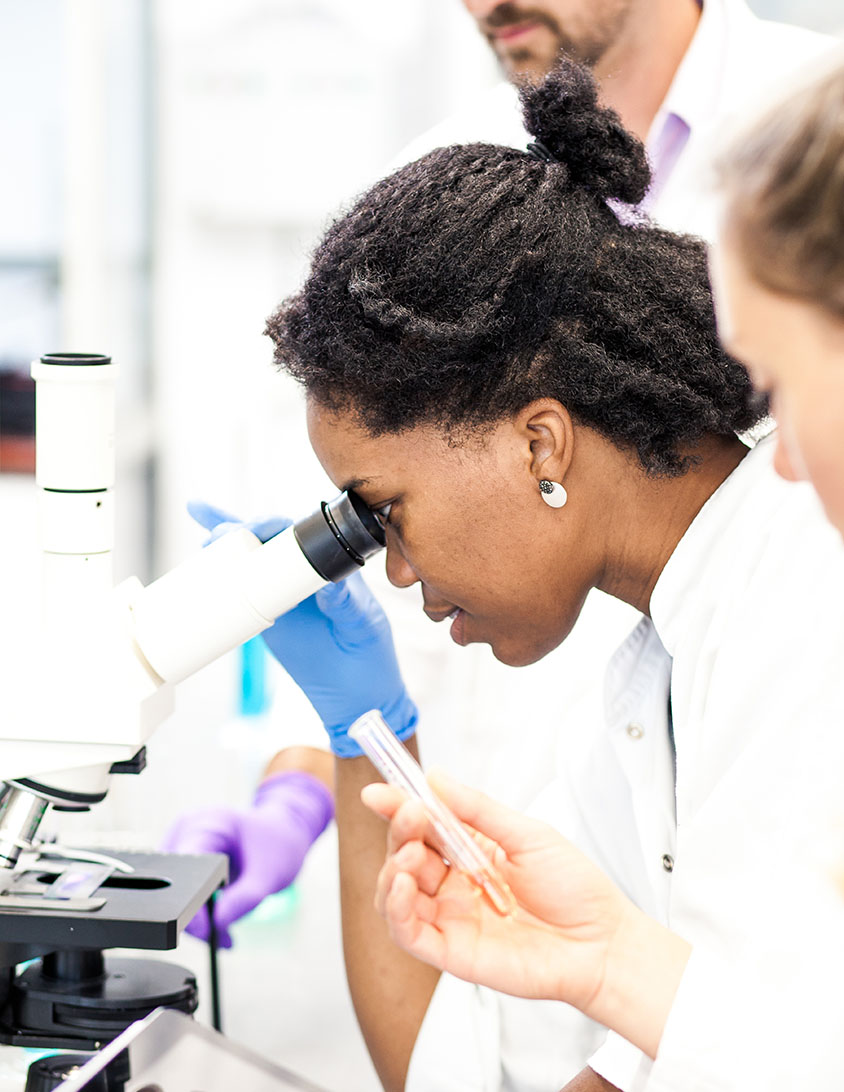Congenital Myasthenic Syndromes (CMS)
Diagnosis
Weakness and fatigue are common in the general population, but the degree and pattern of these symptoms — particularly ptosis (droopy eyelids) and other signs of weakness in the eye muscles — should alert a neurologist to the possibility of CMS.
The neurologist is likely to ask many questions and to conduct a physical exam to determine the extent of weakness. To look for evidence of increased weakness following exertion, the neurologist might ask patients to look up without blinking for one or two minutes, hold the arms out for as long as possible or climb up steps.
If the physical exam is consistent with myasthenia gravis (MG), the neurologist usually orders a blood test designed to detect antibodies to the ACh receptor. A negative test for ACh receptor antibodies in the serum (blood) can help distinguish CMS from MG but doesn’t rule out seronegative MG.
If the blood tests are negative, the next step is usually electrodiagnostic testing, in which electrodes are used to measure the electrical signals in muscle. Surface electrodes (similar to those used in electrocardiograms) deliver small shocks to a nerve in the arm, leg or face, while other surface electrodes record the responses in muscle.
In addition to or in place of electrodiagnosis, the neurologist might try giving an intravenous injection ofedrophonium (Tensilon), a fast-acting cholinesterase inhibitor. A temporary increase in strength after this "Tensilon test" is consistent with CMS.
A family history of myasthenic symptoms supports the CMS diagnosis but isn't necessary for CMS to occur. Genetic testing and physiological tests on biopsied muscle tissue may be needed to define some types of CMS. For more on getting a definitive genetic diagnosis, see The Genie's Out of the Bottle: Genetic testing in the 21st century.

